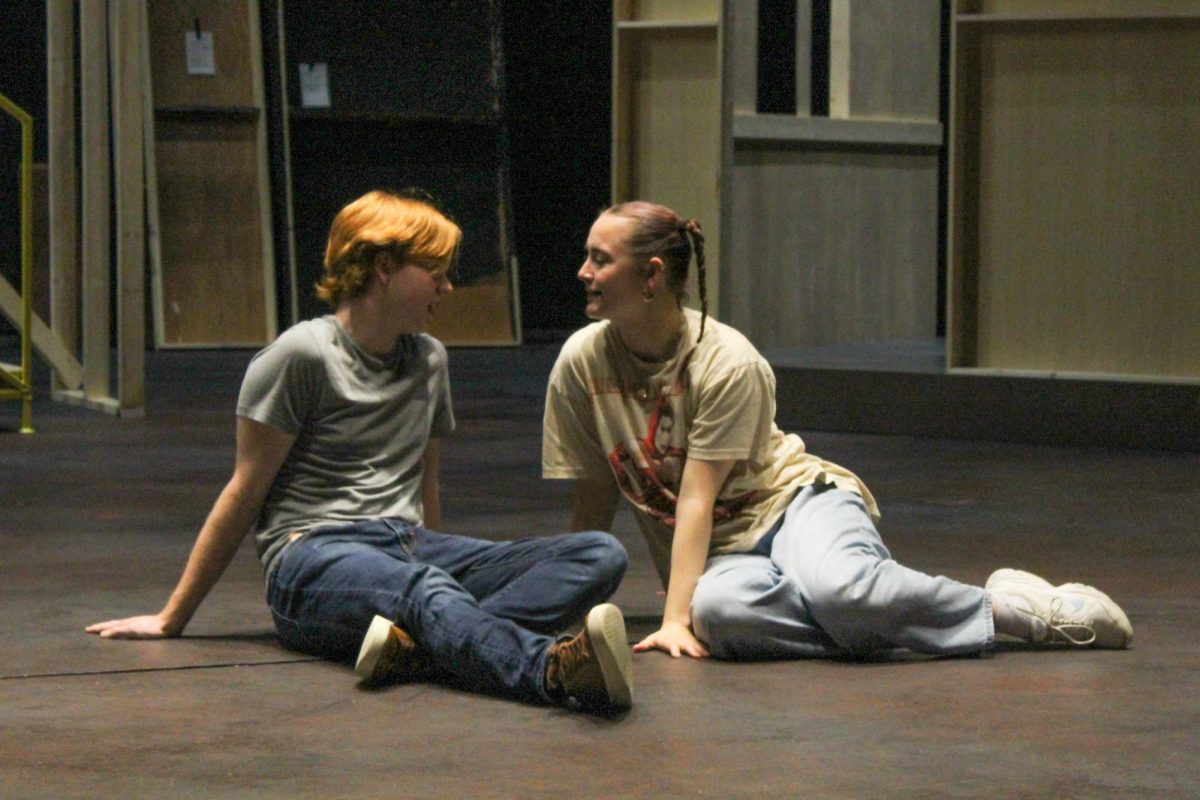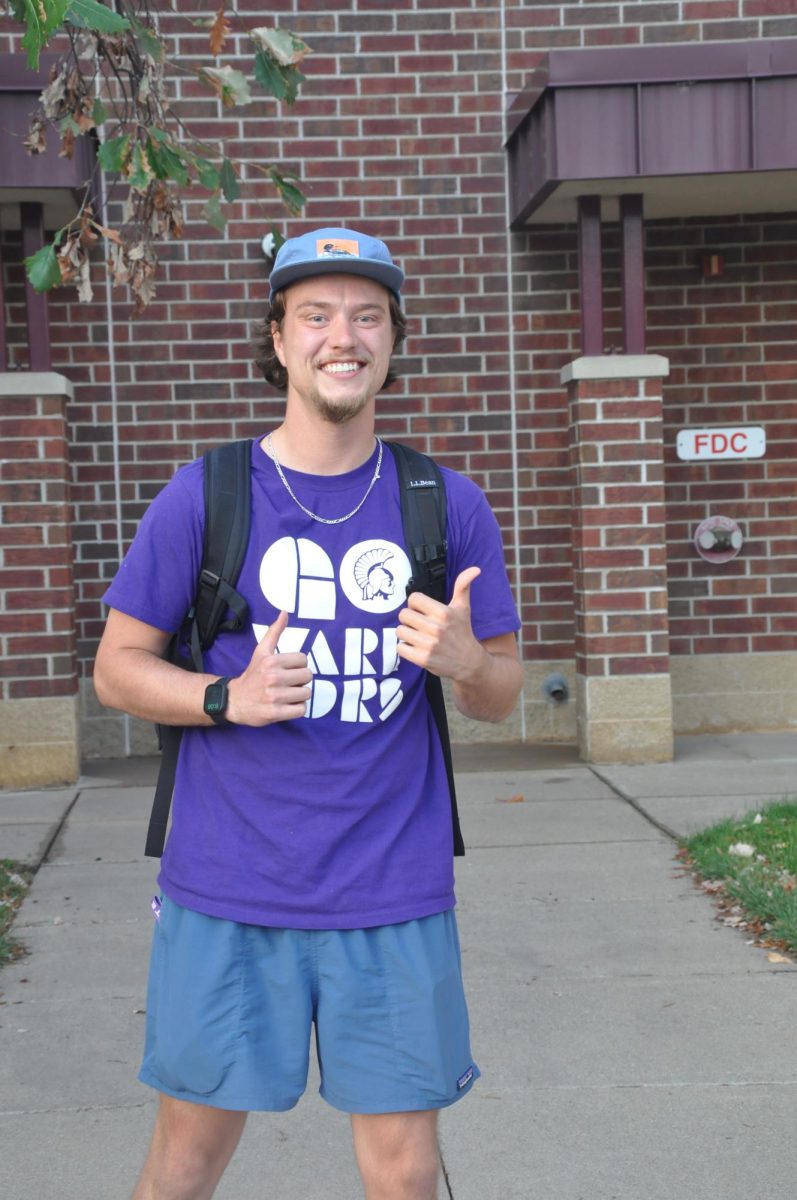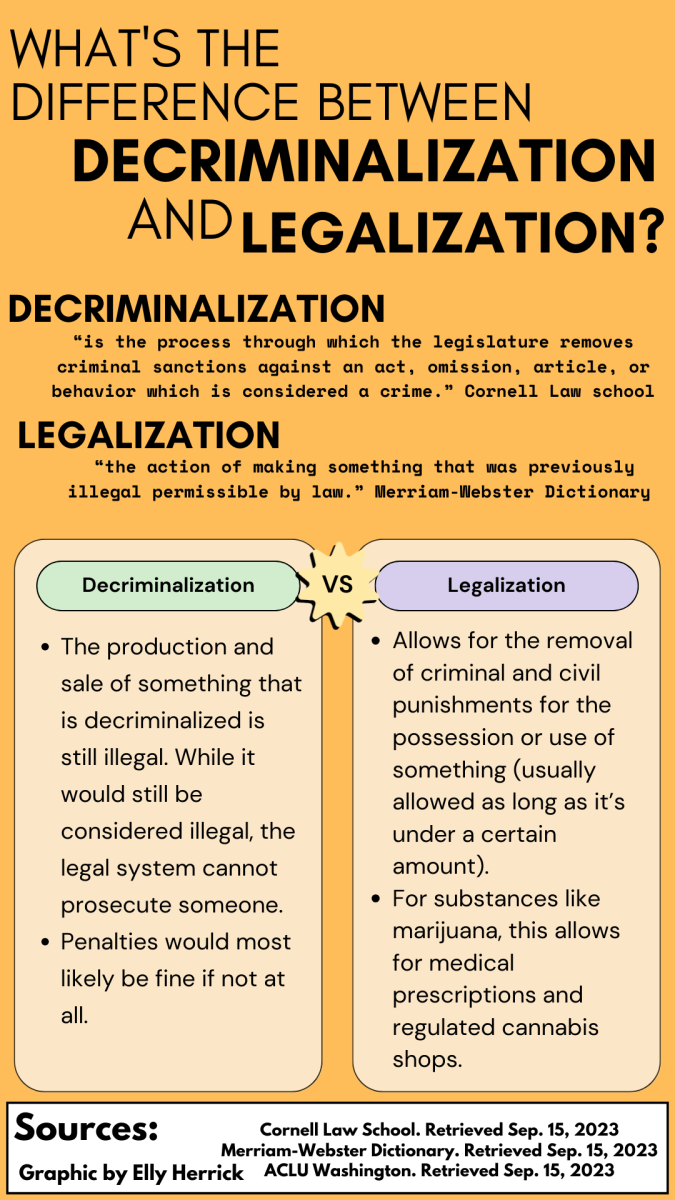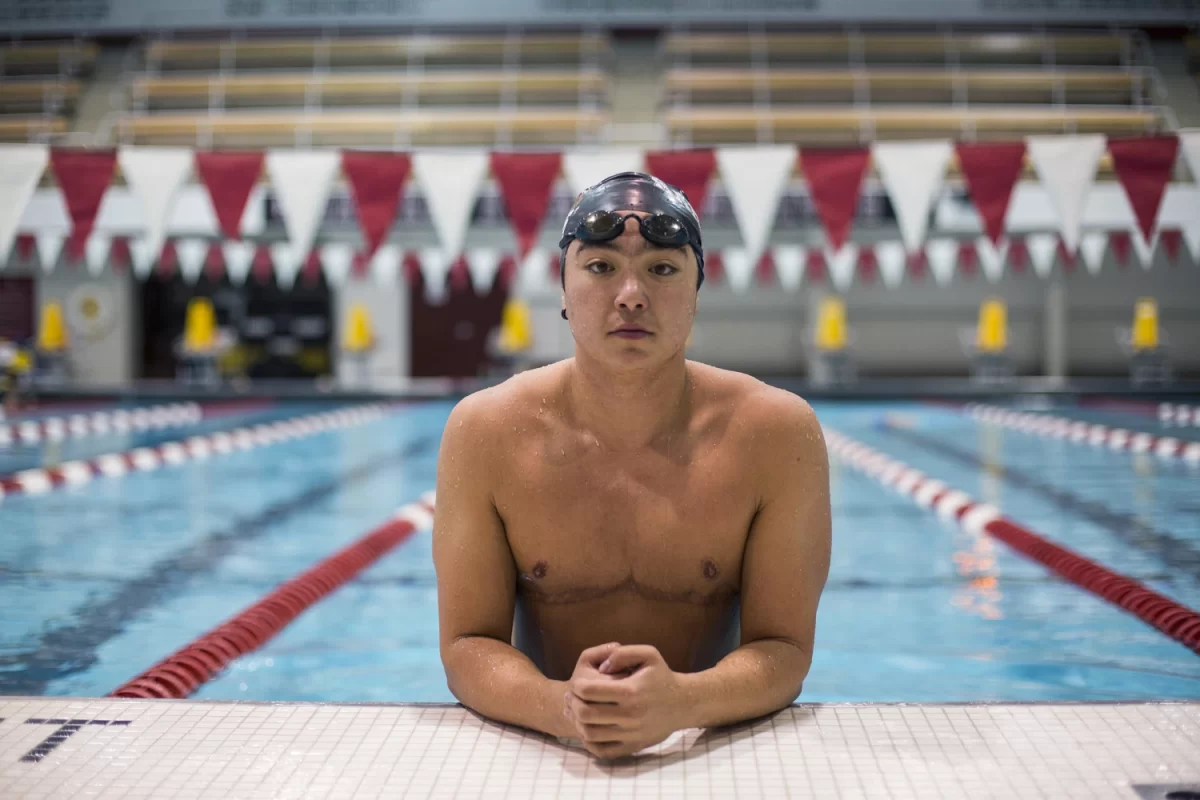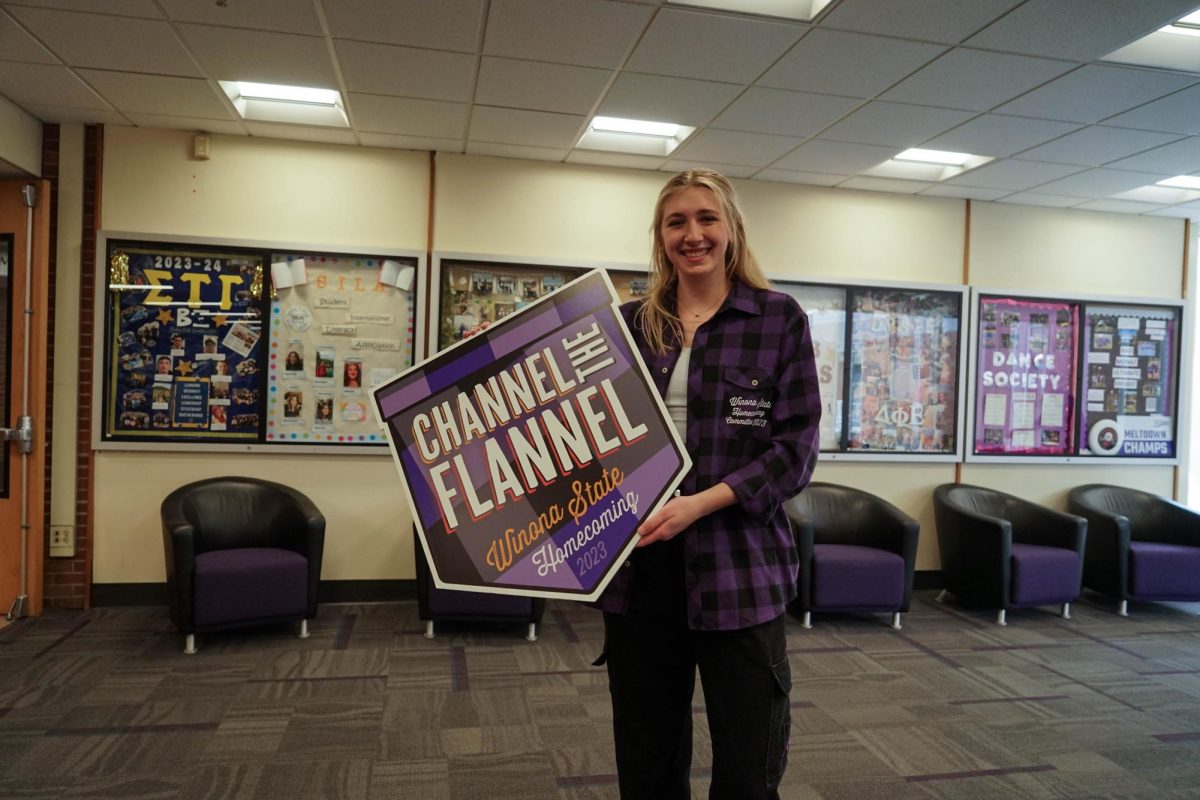Jordan Gerard/ Winonan
An all-university email regarding a “forcible fondling” case that happened on Jan. 30, has called into question what to do if sexual assault occurs and what Winona State University does to handle such cases.
Winona State counselor Kelly Kirby said a lot of sexual assaults go unreported because people are afraid of what might happen to them.
“There’s a lot that goes into it. People are still dealing with feelings of guilt that they don’t need to be having,” Kirby said. “Perhaps it was a friend, and they aren’t sure if they want to get the friend in trouble. The shaming guilt is usually what I see in counseling, in addition to the trauma.”
She said people usually come to counseling within the month of when assault occurring.
“I see three or four a year. As a center, we see 15-20 and those are the ones that come to counseling, though that’s a rough estimate,” Kirby said.
“I would encourage people to report as soon as possible, like within three days is the best, because they can still do testing,” Kirby said. “The more recent, the better off they’ll be.”
Kirby said it’s a lengthy process to report assaults.
“You have to be interviewed by a lot of different people, that can be a very scary experience,” Kirby said.
The interviews are a part of the fact-gathering process, so the police will do their investigation. If there is a student accused, the university will also investigate, Kirby said.
Kirby said people should encourage their friends to come to counseling if they do know of something that happened.
“If nothing else, if they choose not to report it, having that conversation with somebody is very important,” Kirby said. “We’re here to help at any point, and we’re here to come in at any point during the process for people who experience the trauma.”
Kirby said sexual assault is not a male or female problem, but it is an entire group issue of how to behave responsibly.
“Talk to your friends in general. Have that conversation long before it happens, because it can take a while to tell anybody it happened,” Kirby said. “You might not have the chance to intervene right away with information.”
Winona State University has started Gender-Based Violence Project, which was started with a renewable $300,000 federal grant received in October 2013, according to coordinator Heather Gerdes, which is one step Winona State is using to combat the issue of sexual assault.
The project includes two main initiatives: RE, which stands for recognizing equality and PACT, which stands for prevent, act, challenge and teach.
RE’s focus is “to get people to recognize equality in terms of gender,” and it fulfills part of Winona State’s commitment to comply with the Campus Sexual Violence Elimination (SaVE) Act, Gerdes said.
PACT is a peer-led bystander intervention program to “prevent gender-based violence on campus,” Gerdes said.
Gerdes said students can attend the training sessions to learn how to confront gender-based violence. These trainings are held on main campus as well as west campus on Tuesdays starting at 6 p.m. The next available training is Tuesday, March 3.
Both Gerdes and Kirby said they believe the campus community has a general idea of how to report assaults or what happens afterwards.
“We are analyzing data on this right now as we just completed a survey on gender-based violence that went to all students,” Gerdes said. “We are finding that many students are reporting that they don’t understand WSU’s policy regarding what to do if they are assaulted, and many would not know what to do if it happens to a friend.”
The RE Initiative hopes to change this, and Gerdes encourages students to contact the confidential 24/7 helpline that is answered by certified peer advocates who can help them with these types of incidents.
“I think we are headed in the right direction on getting the word out there for students,” Gerdes said. “We are presenting information at Orientation Week for incoming students. We have information on the TV monitors around campus as well as various posters posted on campus. We are already training students in bystander intervention and have established a helpline.”





























































